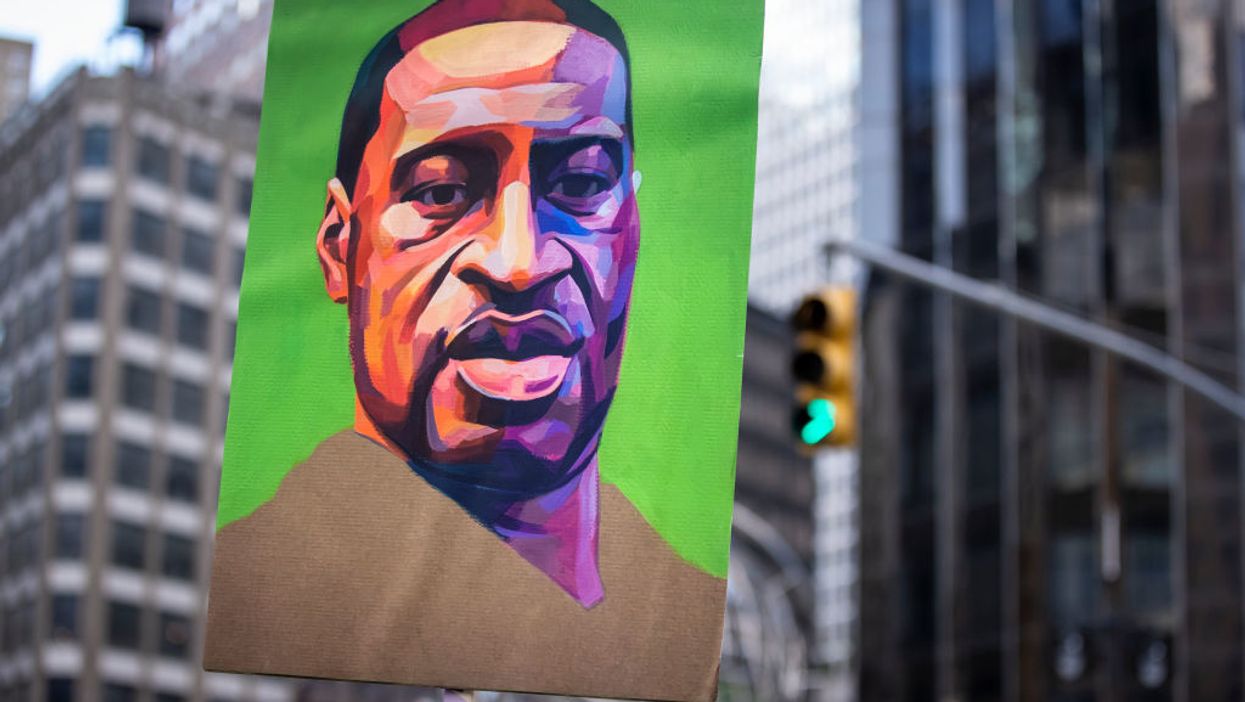
Photo by Ira L. Black/Corbis via Getty Images

No one seems to know the answer
The authors of a study that has been frequently cited to prove the absence of racial bias in officer-involved shootings have asked for their study to be retracted in its entirety, claiming that their study has been repeatedly misused by the media and that some of the conclusions they drew were unwarranted.
The study, which was published in 2019 in the Proceedings of the National Academy of Sciences, was titled, "Officer characteristics and racial disparities in fatal officer-involved shootings." The study gained national prominence when it became the subject of a widely-disseminated article by Heather MacDonald in the Wall Street Journal titled, "The Myth of Systemic Police Racism." MacDonald's article claimed that the study proved that endemic racism in policing does not exist.
In explaining why they were asking for the article to be retracted, the authors of the study, Joseph Cesario and David Johnson, claimed that their article was being subjected to "continued misuse" in the media, specifically citing MacDonald's article.
In explaining their decision, the authors state that they still believe the original conclusion that their study actually drew was correct; namely, that the race of the officer does not appear to affect whether an officer is likely to shoot a suspect, regardless of their race. In other words, white police officers appear to be more likely to shoot a black suspect than a black police officer. However, the authors of the study admitted, responding to criticism of the statistical methods they used, that they could not prove and should not have implied that black suspects are more frequently shot by police overall.
According to the authors, the study was intended to be narrowly tailored to a specific question: " Is there a relationship between the race of officers and the civilians they fatally shot?" However, according to the authors, their study was not suitable to "address the larger question of how race impacts the probability of being shot by police.
The authors anticipated the next question, which has often been asked by people who study the issue: why didn't you study the larger question of citizen interactions with police to determine if racial bias exists? According to the authors, "The reason is that current analyses on police use of force are limited by the lack of comprehensive and complete national databases on police interactions with the public, where force is used and where force is not used. Without more data on police-civilian encounters, it is difficult to estimate racial bias in police use of force."
Leon Wolf
Former Managing Editor, News